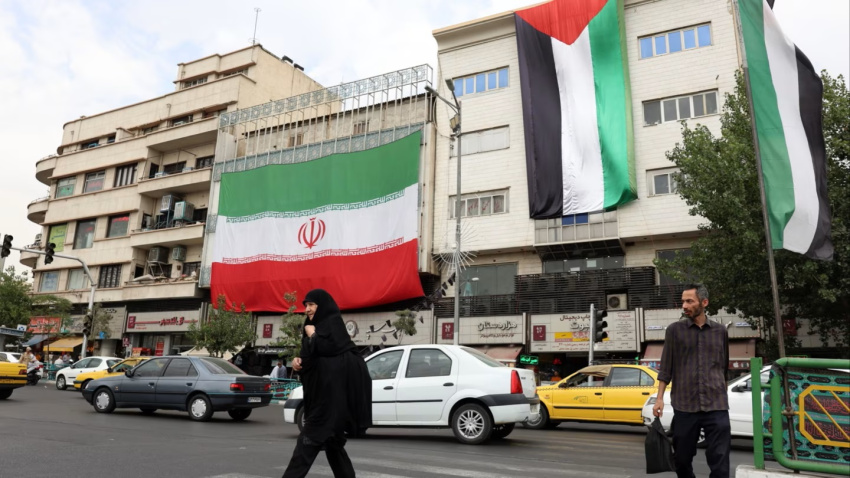The Case for Iran's Restraint

In the aftermath of Israel's retaliatory military strike against Iran on October 25th, the world is waiting to see how Iran will respond? Iranian civilian and military officials have, as expected, invoked Iran's right of self-defense and, therefore, chances are that Iran will resort to a tit-for-tat retaliation. But, looking at the fluid and potentially dangerous situation from the prism of Iran's national security interests, strong and even compelling case be made in favor of Tehran's self-restraint, instead of resorting to what will likely degenerate into a spiraling conflict if both sides engage in a cycle of action-reaction.
First, per Iran's own admission, Iran's air defense system proved successful and only minor damage has been inflicted on Iran by the Israeli strike. Of course, the loss of four lives in Iran is tragic and lamentable, yet does not rise to the level of a required military response.
Second, the scale of pros and cons definitely fall on the side of prudent caution, since any further escalation of Iran-Israel tension can have harmful economic impact affecting the lives of ordinary Iranians. In other words, the economic logic of restraint should be prioritized.
Third, an Iranian strike on Israel will almost certainly elicit an Israeli response, which might target the economic and energy infrastructure, hitherto untouched by the winds of war. Iran's top priority should be to safeguard these important economic assets, and to refrain from an escalatory action that might result in a substantial harm to these economic assets.
Fourth, Iran's restraint will be well-received in the international community and will most likely contribute to Iran's efforts to reverse some of the western punitive actions toward Iran following Iran's second missile strike on Israel.
Fifth, another benefit of the Iranian restraint is that it will aid the present international pressure on Israel to end the conflict in Lebanon, whereas an escalation in Iran-Israel tensions is likely to prove poisonous for the cause of ceasefire in Lebanon. Iran should join France and a number of other countries around the world to push for a ceasefire and, in this connection, Iran's leverage with respect to retaliation against Israel can be an effective tool for a ceasefire.
Finally, it is vitally important for Iran's leadership to base its decisions vis-a-vis Israel on apt threat and risk analysis, and to avoid policy emotionalism. Such a cold calculation of Iran's national security interests is mandatory and can yield positive results for the country's external relations. Restraint vis-a-vis a ruthless adversary in turn requires self-discipline and a long-term view of Iran's panoply of national interests impacted one way or another by the present Middle East conflict. As a major regional power, Iran's role and responsibility is to build regional alliances and to capitalize on the pro-Iran sentiments throughout the Muslim world.
About the author: Afrasiabi is a political scientist and author of several books on Iran's foreign and nuclear policies.

